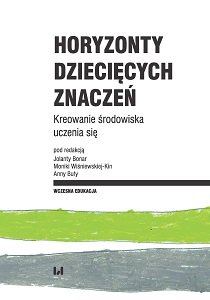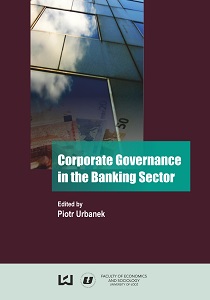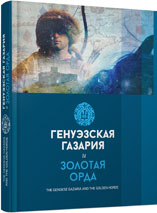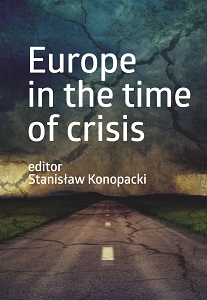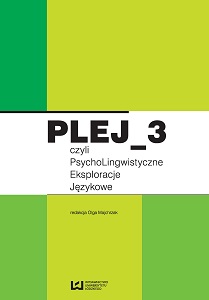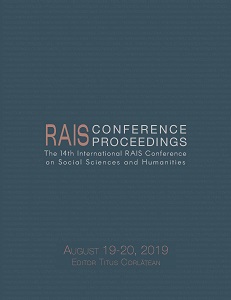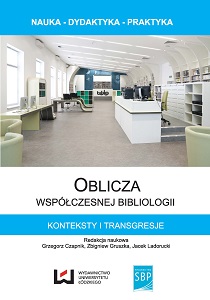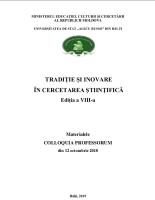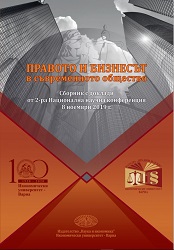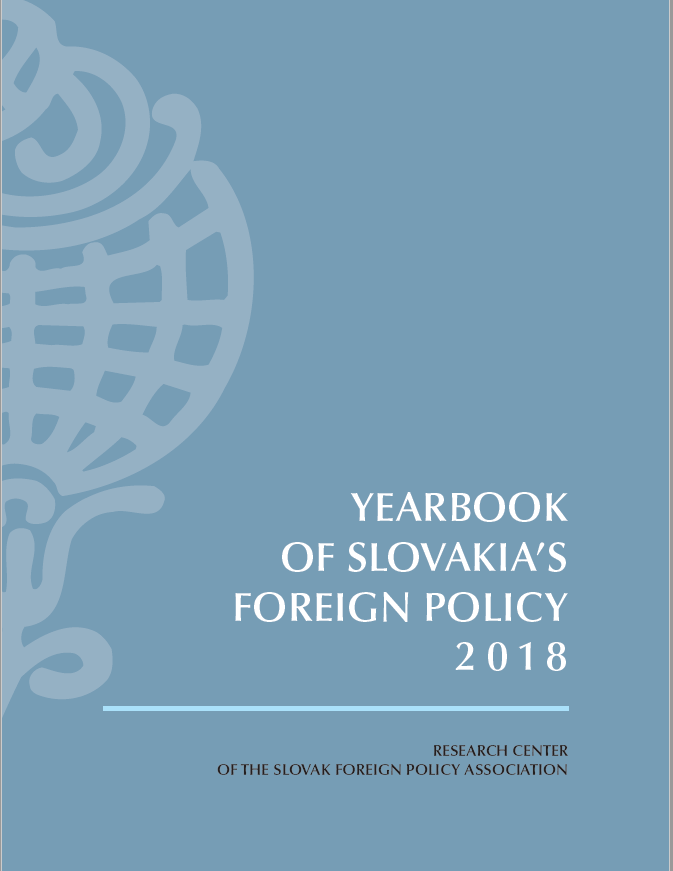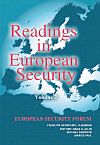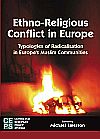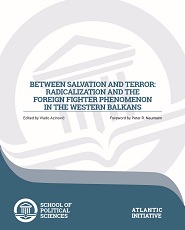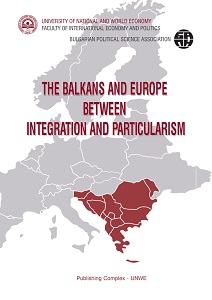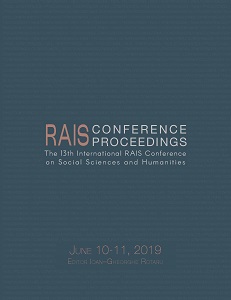
Social Media and its Role in the Success of “100 Millions' Health” Campaign in Egypt
Social Media and its Role in the Success of “100 Millions' Health” Campaign in Egypt
Keywords: Social Media; Value; Healthcare;
This research addresses the influence of social media with its ever-evolving techniques that serve social campaigns focusing on people as the central theme of its concern. Developers of social media techniques are always looking for and making the necessary changes through intensive and successive campaigns across various social media channels, to reach its full impact on users taking into consideration important marketing elements, such as culture and timing of said campaigns among other elements. Social media is a great way to communicate with the public. It contributes to building trust, elevates the spirits of society, enhances tolerance by considering emotions of individuals and it reinforces the feeling of belonging. It could positively affect the behavior and moral levels of humans. All that while working in an integrated framework of analysis that is run by governments, international institutions, civil society organizations and private sectors. These institutions factor in the public needs to better deliver their messages, there is no doubt that these types of social media campaigns are becoming a great deal of interest in different societies at different levels. As Egypt is aligning itself in recognizing the importance of evolution in social media and ultimately aim to change the negative reality and transform society to better reality; I will address in this study the role of social media in the success of “100 Millions’ Health” campaign that took place in Egypt. This campaign was able to gain great amount of popularity through social media networks and contributed to the convergence of Egyptian public opinion about its objectives.
More...
